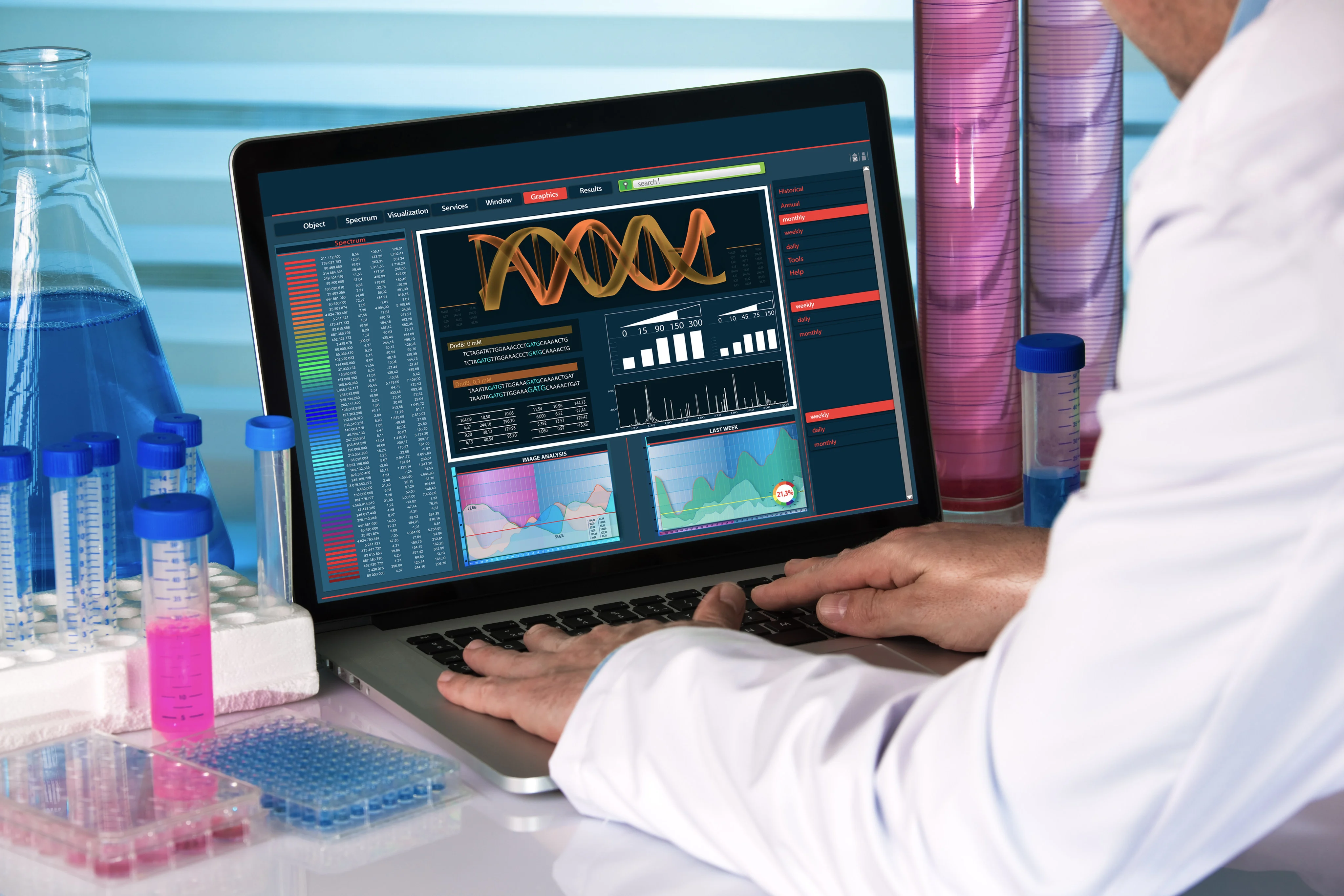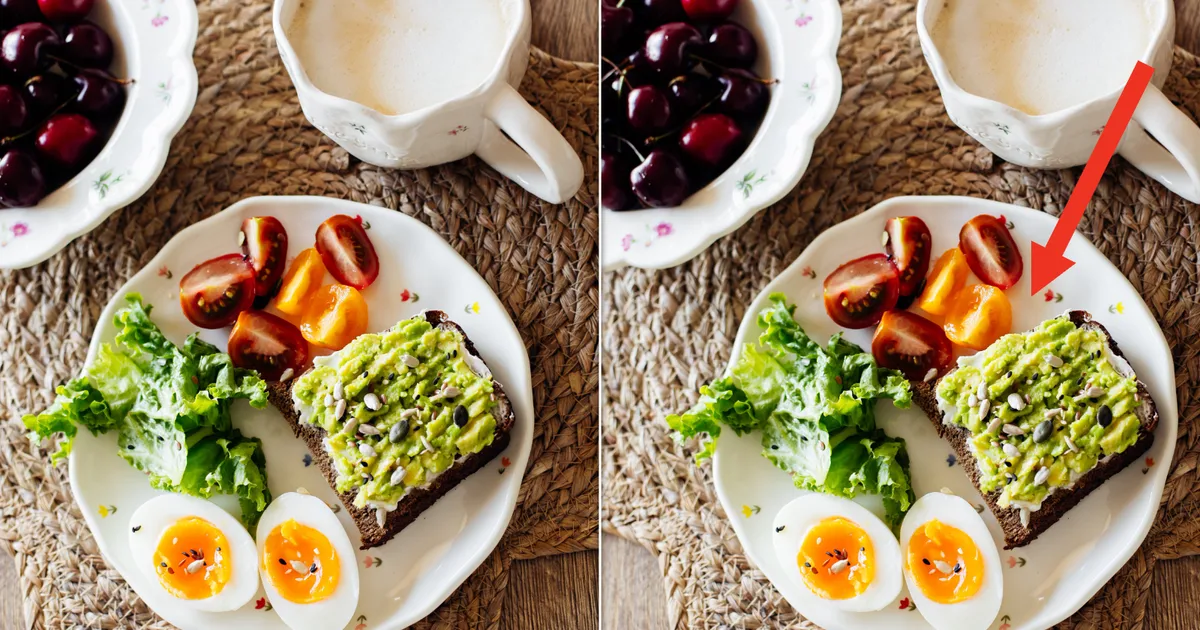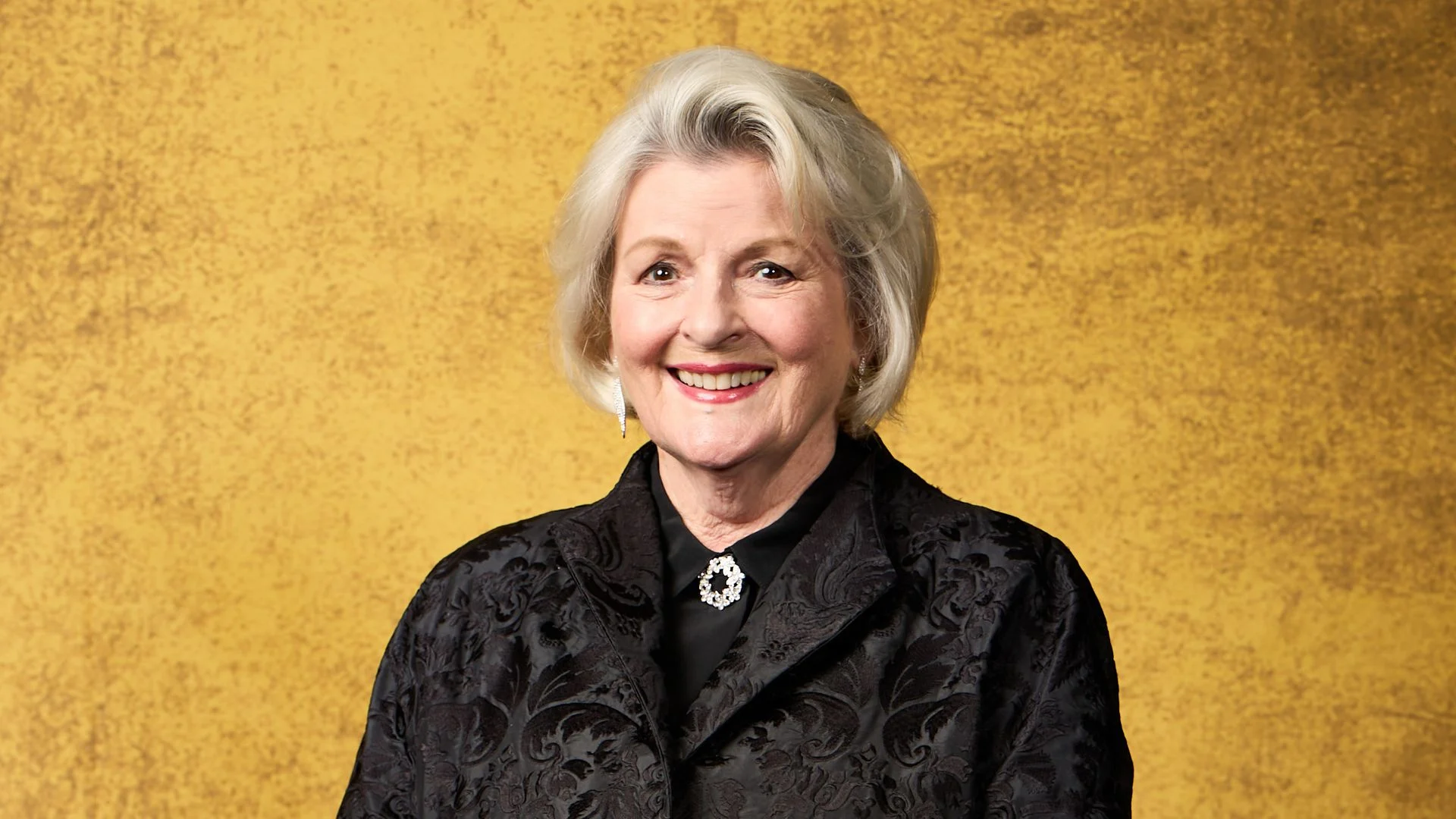Copyright scmp

Million-dollar longevity clinics, IV drips, personalised genome sequencing – the quest for a longer, healthier life often feels like a science fiction movie with an exclusive ticket price. But as the wellness industry chases expensive, hi-tech immortality, longevity expert Dr Eric Topol, one of the world’s most cited medical researchers, argues the real secret to a longer, healthier life is not hidden in a vial or a complex algorithm – it is surprisingly ordinary. In his book Super Agers: An Evidence-based Approach to Longevity, Topol, who chairs the department of translational medicine at Scripps Research in the US, says that activities we can perform in our daily lives have been proven to extend our lifespan. Topol’s reasoning is twofold. First, he says, we know enough about our immune system to help our body delay the manifestation of age-related diseases, or even stop them altogether. We can do this in three ways: through what he calls “Lifestyle Plus” – adopting an augmented list of daily habits that promote a healthy immune system; by taking advantage of new classes of drugs; and by using AI’s powerful data-processing capabilities. Second, he says, we now have much of the data, and the means of processing it, to accurately predict, on an individual basis, what diseases we may suffer from in our older years. That allows us to take steps to either avoid such diseases, or moderate their effects when they develop, adding years to our lives in the process. “This is new,” Topol told the Post in a phone interview. “We’ve been talking about predicting disease since the beginning of time, but we’ve never known how to do it – we didn’t know enough about lifestyle factors, and there were no multi-modal AIs to make sense of all the data, but now we can do it.” Topol wanted to write a book for the general reader, but he also wanted it to be grounded in mainstream scientific research. While Super Agers offers practical suggestions, it is more a hardcore science book than self-help book and backs every claim with references to a wealth of medical studies. Some of the science is already well known – movement is good for the body and mind, so it is better not to sit still for too long, for instance. But there is some groundbreaking big science in the book, and this forms the core of Topol’s argument. First is the role that our genes play in our health and, by extension, our ageing process. It has generally been thought that our genetic make-up influences the way our health progresses, and that some diseases are inevitable. Adjustments to our lifestyle habits could have only a small effect on our genetic predisposition, the belief held, and could not prevent the onset of diseases such as cancer and Alzheimer’s. Research that Topol and his team have conducted at Scripps shows that this is not true. “Although genetics do have a part to play, that part is nothing like as big as has been thought for many years,” he says. Topol arrived at this conclusion through a novel study in which he studied the genetic codes of a special group of 1,400 people whom he calls the “Wellderly”. These super-agers were all 80 years or older, had no chronic diseases and had never been on medication. He compared their genetic findings to another group he calls the “Illderly” – older people with one or more chronic diseases who take many medications. The findings surprised him: “[We] found very little to differentiate between the two groups,” he says. The lack of genetic differences between the very well and the not so well put paid to the theory that our health is simply a result of our genetic make-up. There were no genetic commonalities among participants in the Wellderly group that could be used to explain their good health, either. So if our genes are not causing disease, what is? Topol is clear about the cause of cancer, cardiovascular diseases and neurodegenerative diseases. He says they are the result of our own immune system going astray, or “dysregulating”, as scientists call it. This dysregulation can cause a type of low-level inflammation called “inflammaging”. This inflammation is the cause of age-related diseases, he says. “Take Alzheimer’s. If the immune system is dysregulated, it can lead to inflammation in the brain, which then leads to Alzheimer’s or Parkinson’s.” In the body, inflammation in the artery wall causes plaque, which leads to heart attacks and strokes. He adds that cancer cannot spread through the body if the immune system is working as it should. A well-regulated immune system is the dominant explanation for why people age healthily, Topol says, and keeping ours in top shape should be our primary health goal. General health regimes already cover many of the necessary things: avoiding sugar and alcohol, getting a good night’s sleep, keeping up social connections, and exercising aerobically all help. But Topol’s “Lifestyle Plus” approach expands on these, to include taking note of harmful plastics, air pollution and forever chemicals, and avoiding ultra-processed food (UPF). There are some surprises. Aerobic exercise has long been considered beneficial, but resistance training – strength training like weightlifting – has usually been dismissed as something we do to simply make our bodies look good. That is a false perception, Topol says. “There’s no question that strength training – resistance training – is important to promote healthy ageing. There is still a huge priority for aerobic exercise, but that and resistance training complement each other. “Exercise trains your body to cope with stress – it trains itself not to react to bodily stress with inflammation.” Topol, who is 71, recommends aerobic exercise five days a week and strength training twice a week – a regime that he adopted himself after his research findings. Another surprise springs from the relatively new class of GLP-1 drugs, which are based on glucagon-like peptide-1, a hormone produced in the gut that plays a major role in regulating blood sugar and appetite. Medications that mimic this hormone, such as Ozempic or Wegovy, can help bring about healthier ageing. Although developed to treat type 2 diabetes, GLP-1 drugs are best known for their use in weight loss. But they seem to confer a host of other benefits, many of which are still being researched. They show promise in treatments of neurodegenerative disease, kidney disease and cardiovascular disease. Such drugs seem to do “just what we need”, Topol says. “They knock out inflammation in the brain and in the body, and keep our immune system on track. We didn’t anticipate that.” Our medical data is another key to helping us age well. While collecting it is rarely a problem, the issue is how the various forms of it are often siloed. Pulling the various types of data together to get a full picture of our health can be difficult. But “multi-modal” AI that takes text, image, video and audio inputs and combines them for analysis now makes this possible. “The opportunity to be able to hold back the ‘big three’ diseases – cancer, cardiovascular disease and neurodegenerative disease – wouldn’t even be talked about if we didn’t have multi-modal AI,” Topol says. “We’re talking about billions of data points for each individual. There’s no way to work through all that data – lab work, genomics, biomarkers, environment and so on – as a human. But multi-modal AI can do it.” We can take steps to keep our immune system in optimal condition at any age, he says. “You can start late in life. You won’t eke out as many years of healthy ageing, but it’s never too late – or too early. You can’t lose.” Like what you read? Follow SCMP Lifestyle on Facebook, X and Instagram. You can also sign up for our eNewsletter here.



